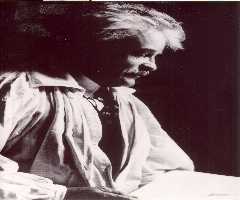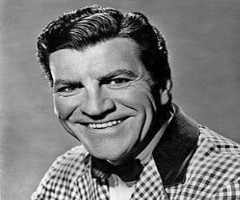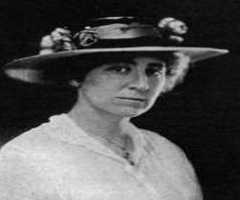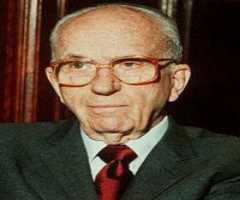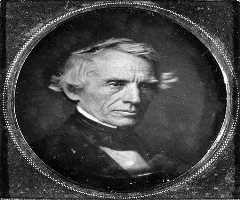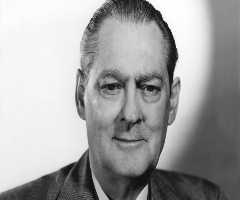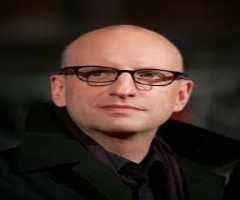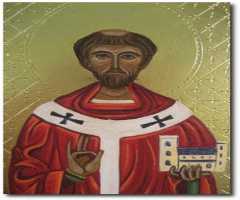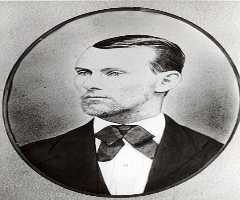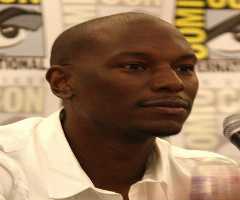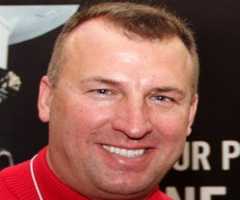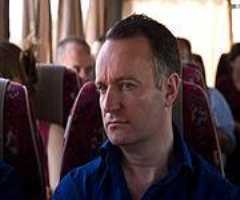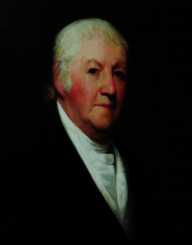
Also Known For : Revolutionary, War Hero
Birth Place : Boston, Massachusetts, United States of America
Died On : May 10, 1818
Zodiac Sign : Capricorn
Paul Revere Biography, Life, Interesting Facts
“Listen, my children, and you shall hear of the midnight ride of Paul Revere.” Those aren’t my words. Henry Wadsworth Longfellow published this poem in 1861. Paul Revere’s Ride poem became a genuine hit for more than a decade. This well-crafted song made him a national hero.
Revere was an American silversmith and a Patriot. His love for patriotism led him to the American Revolutionary. This was political warfare that occurred between 1765 and 1783. The colonists in the Thirteen American Colonies opposed aristocracy and British monarchy to conquer the Great Britain jurisdiction. Revere was ideally known for his famous conquest to alert the colonists of the British forces arrival. Let’s take a look at his early and later life.
Childhood & Early Life
Paul Revere birthplace was in Boston’s North End in December 1734. As stated by Church records, 1st January 1735 (December 22nd Ancient Style) was the right day when he was baptized. Therefore, you shouldn’t mistake between the two. Apollo Revere was his most birth father's name while Deborah Hichborn was his mother. Revere's father was a renowned silversmith who relocated to America as an asylum seeker. He traded for long from John Coney, an engraving expert.
Later on, he changed his name to Paul Revere. Don’t get confused; I am talking about junior Paul Revere-the second oldest child. Paul Revere Junior went to North Writing School between the age of 6 and 13.All this time he grew up in the North End, Boston neighborhood.
When Paul was thirteen years old, he graduated from the North Writing and immediately commenced with his father's occupation. He later came to know the secret of craftsmanship as time passed. It was at the similar time when Revere got a bell ringer job at Christ Church or the Old North Church. This was where “One if by Land, Two if by Sea” lantern was stationed in the course of famous Midnight Ride.
When Paul Revere was nineteen years, his father died. As the eldest son, he learned how to manage the family business. For them to have a comfortable life, he had to think out of the box. Therefore, he gained some knowledge through various sources. In the process he learned to engrave copper plates, replacing missing teeth as well as selling spectacles. He was famously known for his perfect tea sets and silverware.
In 1756, two years later after his father died, Paul Revere joined up to defeat the French at Lake George, NewYork. He attained a position of a second lieutenant in the colonial ordinance. He later returned in August and married her partner - Sarah Orne. He had eight beautiful children. Sarah passed away in May 1773. Early October he married Rachel Walker and had eight children as well. Throughout his life, he became fond of political affairs especially at the Stamp Act Crisis in 1765.
Pre-Revolution Life
Paul Revere came to use his God-given talent to shape-up the anti-British public opinions. He was to become a Whig Patriots rider in 1770. He obliged to serve as a mounted messenger in the Boston Committee of Safety. He often went to New York, New England, and Philadelphia.1770 Boston Massacre started, and he wasn’t afraid to publish the famous drawing of the scene. He aimed to alert the anti-British public opinion.
Early 1773, he played a significant role by taking a position of a messenger, artisan, and citizen in Boston Tea Party Protest. This gave her a chance to alert others to prevent ships from loading of their cargos. Being a citizen, he gathered with fifty other participants to protest against the British taxation. Being an artisan, he garnered lots of attention, all thanks to his political cartoon drawing.
Later on, Paul Revere. Was lucky to take another duty as a Massachusetts Committee of Correspondence rider. He also came up with the “mechanics” group which the CIA credited as the typical intelligent network. The aim of the team was to gather relevant information about the movement of the British troops.
The Beginning of Revolutionary War
When the revolutionary war began, Boston had already taken over the British army, and other supporters were evacuated. Paul Revere lived just across the River in Watertown. In 1775, he was advised by Massachusetts Provincial Congress to go and investigate the colonies. It was very hard for him since he was only allowed to pass by the building without getting any further information. But due to his rational thinking, he gained enough information. Later on, he was able to come up with a powder mill at Canton.
It was misquoted that he yelled “the British are coming!” legendary theme. But it wasn’t true. His mission was to conduct the operation secretly due to the British troop’s presence. As it was stated by eyewitnesses they described Revere came with “The Regulars are coming out! Theme. Nevertheless, he later came to run a decent hardware business. In 1788, he was able to import goods from England, and she managed to open a metal factory. He made nails and spikes for shipyards both in the cast bells and North End.
Later Life & Legacy
Paul Revere continued to hold a successful trader and was a wealthy businessman while still assisting the action with a healthy economy. At the age of 76, he retired in 1811 and gave his son and grandsons his established business. He was also a member of Masonic Lodge for a decade. In the process, he met great men who influenced him to stand tall. At the age of 74, 1809 he ended his membership contract.
In 1813, Rachel and Paul Revere's eldest son died. In 1818 on May 10, Paul Revere died at the age of 83. He passed away when he was at his home - Charter Street in Boston. Reason: He died due to natural causes. He is now buried on the Old Granary Burying Ground on Tremont Street, Boston.
Note that Paul Revere did not pass away as a renowned patriot. In fact, he wasn’t celebrated due to his Midnight Ride. Very few people knew about him. He was famously known due to the famous poem by Wadsworth Longfellow poet.
